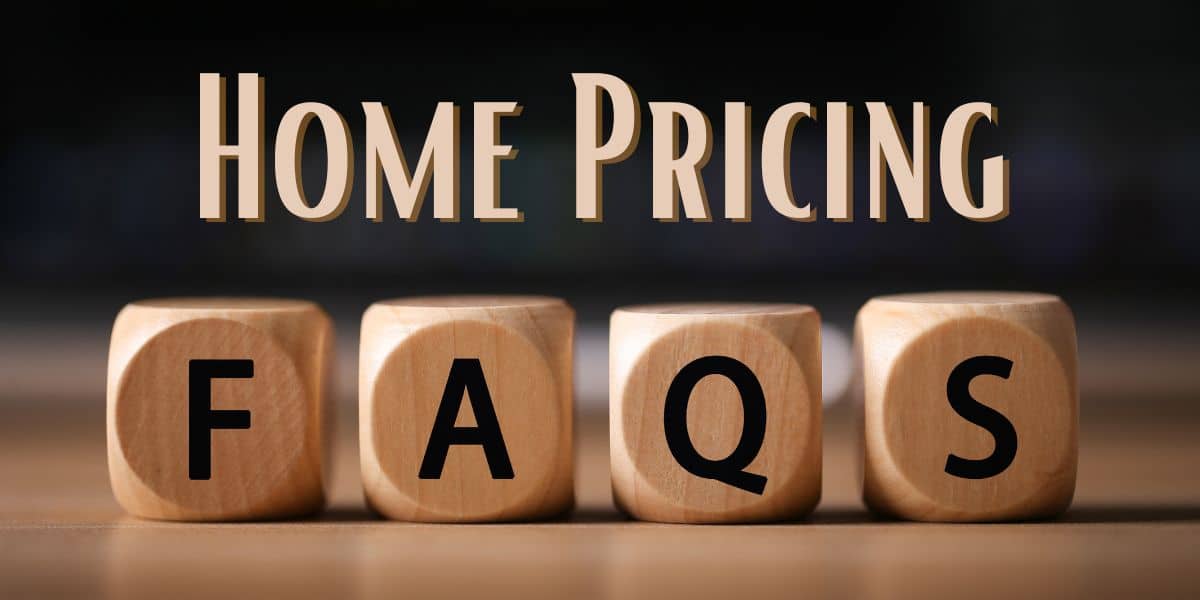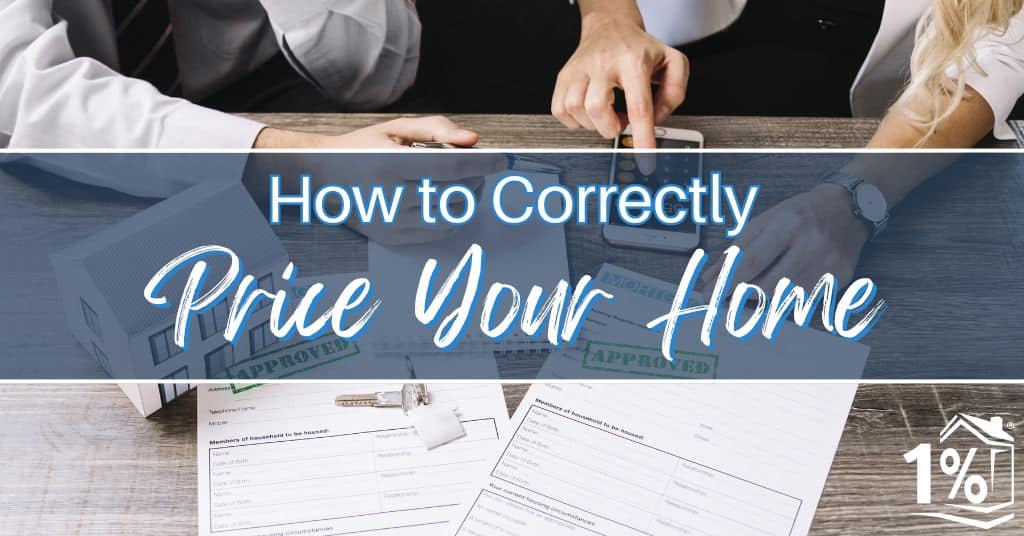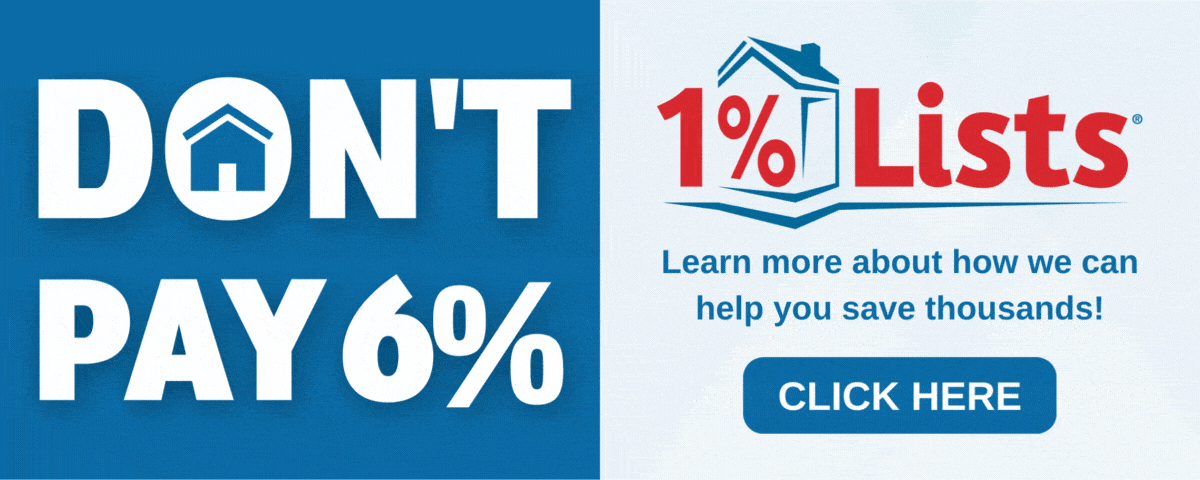How to Price Your Home Correctly
Pricing your home is a critical step in the process of selling your home, one that requires careful consideration and strategy. The right price attracts potential buyers, generates interest, and can even spark bidding wars, leading to a successful sale. Conversely, incorrect pricing can result in your property languishing on the market, ultimately affecting its saleability and possibly requiring price adjustments. This guide aims to equip you with the knowledge and tools necessary to price your home accurately, ensuring a smooth and profitable sale.
Understand the Market
The first step in pricing your home is to understand the local real estate market. Are you in a buyer’s or seller’s market? A buyer’s market means there are more homes for sale than buyers, so prices tend to be lower. In a seller’s market, the opposite is true, and homes can often sell for more. Look at comparable sales (comps) in your area for homes similar in size, condition, and location. This will give you a baseline for your pricing strategy.
Consider Online Valuation Tools with Caution
Online home valuation tools can provide a quick estimate of your home’s worth, but take these figures with a grain of salt. These tools often don’t account for the nuances that can significantly impact your home’s value, such as recent upgrades or the condition of neighboring properties.
Factor in Home Improvements and Unique Features
If you’ve made significant improvements to your home or it has unique features that are in demand, these can justify a higher price. However, not all improvements offer a return on investment that matches their cost. Focus on changes that are most valued in your market, such as kitchen renovations or energy-efficient upgrades.
Price for Online Search Ranges
Many home buyers set up online search criteria with specific price ranges. Consider pricing your home to fall within these common search brackets rather than just above them. For example, a price set at $299,000 is likely to attract more views than one set at $305,000, as it falls under the $300,000 search filter.
Leave Room for Negotiation, But Don’t Overdo It
While it’s wise to leave some room for negotiation, overpricing your home with the intention of dropping the price later can backfire. Today’s savvy buyers and their real estate agents are well-informed about market values. If your home is overpriced, it may sit on the market, which can lead to a stigma that there’s something wrong with the property.
Reassess Regularly
The real estate market can change rapidly, so it’s important to reassess your home’s price regularly. If you’re not receiving offers or showings have slowed, it might be time to adjust your price. Stay informed about local market trends and be prepared to react. This aspect of pricing your home correctly is often one of the most common challenges to selling a home.
Consult a Professional
Perhaps the most important advice when pricing your home is to consult with a real estate professional. They have the experience, tools, and knowledge to help you price your home accurately. A professional can provide a comprehensive market analysis and tailor a pricing strategy based on your specific circumstances and goals.

FAQs on Home Pricing
How often should I review and possibly adjust my home’s asking price?
Reviewing and possibly adjusting your home’s asking price should be done regularly, about every 2-4 weeks, based on market feedback and comparable sales data. This frequent reassessment helps ensure your home remains competitive in the market, aligns with buyer expectations, and can lead to a quicker sale. Factors such as lack of offers, minimal showings, or significant changes in the local real estate market can indicate the need for a price adjustment.
Can overpricing my home have long-term effects on its saleability?
Yes, overpricing your home can have long-term effects on its saleability. Initially, it may deter potential buyers, leading to a longer time on the market. Over time, the property may become stigmatized, causing buyers and agents to assume there might be something wrong with it beyond just the price. This can result in lower offers than if the home were priced correctly from the start. Additionally, homes that sit on the market for an extended period often end up selling for less than they would have if priced appropriately from the beginning, as sellers may have to make significant price reductions to attract interest.
How does the local economy affect my home’s pricing?
The local economy significantly impacts your home’s pricing by influencing buyers’ purchasing power and overall demand for housing. A strong, growing economy with low unemployment rates and rising incomes can increase demand for homes, potentially driving up prices due to higher competition among buyers. Conversely, a weak economy with high unemployment and stagnant or declining wages may reduce demand, leading to lower home prices or longer times on the market. Additionally, the local economy affects interest rates, which can influence buyers’ ability to afford mortgages. Economic factors such as new business developments, infrastructure projects, and the overall health of the local job market can also play crucial roles in determining your home’s value and attractiveness to potential buyers.
Should I price my home higher to leave room for negotiations?
Pricing your home slightly higher to leave room for negotiations can be a strategic move, but it requires careful consideration to avoid deterring potential buyers. This strategy works best in a seller’s market, where demand exceeds supply, and buyers are more willing to negotiate towards your asking price. However, overpricing can lead to your property sitting on the market for longer than necessary, which might raise concerns among buyers about why it hasn’t sold yet. It’s essential to strike a balance by setting a price that’s competitive yet leaves some room for negotiation without exceeding the market’s tolerance. Consulting with a real estate professional to analyze comparable sales and market conditions can help you determine the most effective pricing strategy for your home.
How accurate are online home valuation tools?
Online home valuation tools, often referred to as Automated Valuation Models (AVMs), provide a useful starting point for understanding your home’s potential market value, but they have limitations regarding accuracy. These tools use algorithms to analyze data from various sources, including public property records, recent sales, and market trends, to estimate a home’s value. However, they can’t account for the unique features, condition, and upgrades of a home that significantly affect its actual market value. Their accuracy can vary widely depending on the quality and recency of the data they have access to and the specific market dynamics of a region.
What is the best time of year to sell my home for the best price?
The best time of year to sell your home for the best price often depends on local market conditions, but traditionally, spring and early summer are considered optimal times. During these months, buyer activity tends to increase due to more favorable weather conditions, longer daylight hours, and the desire of families to move and settle before the new school year begins. This heightened demand can lead to faster sales and potentially higher selling prices due to increased competition among buyers.
Conclusion
Pricing your home correctly from the start is crucial to a successful sale. By understanding the market, considering your home’s unique features, and consulting with a professional, you can set a competitive price that attracts buyers and meets your financial goals. Remember, the right price is the one that turns a listing into a sale.


